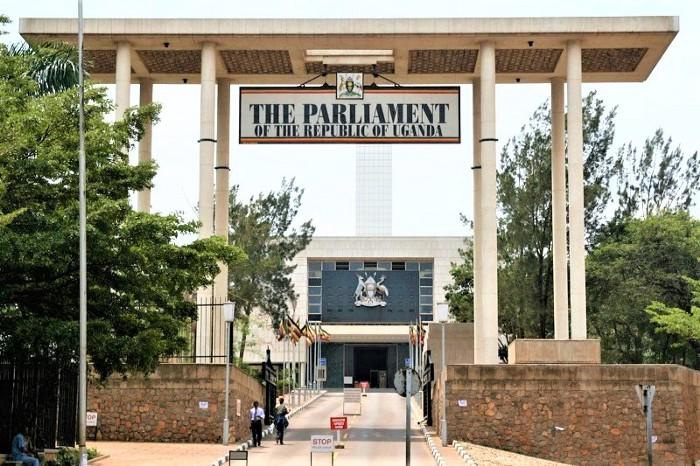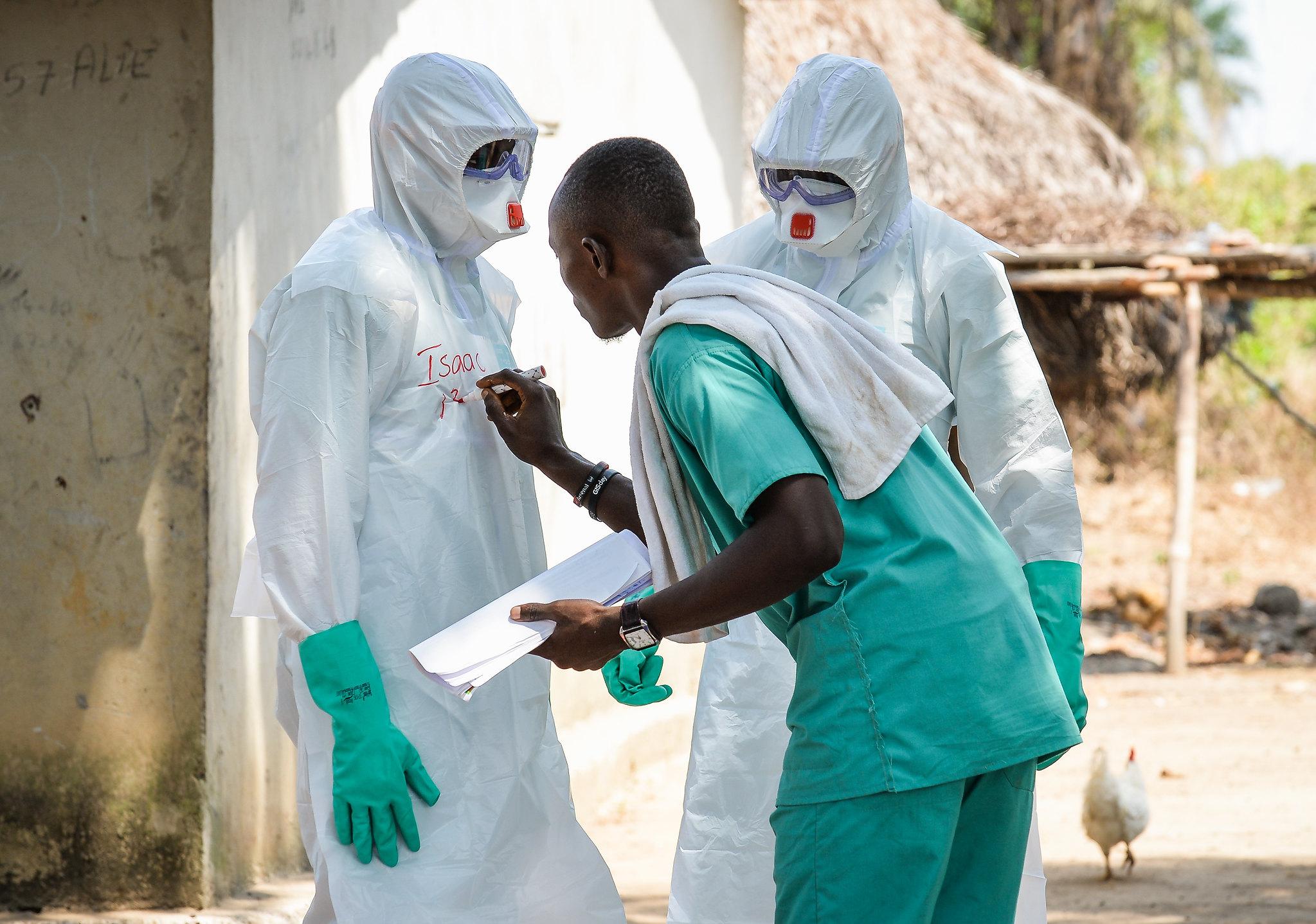Blog
Uganda’s Covid-19 supplementary budget: pandemic response or cash bonanza?

The Covid-19 pandemic has resulted in government expenditure far exceeding budgeted sums. In Uganda, supplementary budgets have become larger and more frequent. The additional funds cannot always be justified, with multiple agencies seeking a share and evidence of doubling up across sectors. The supplementary budgets may also evidence the improper allocation and apparent misuse of public resources. In Uganda, security seems to have been prioritised over health, for example. The Ugandan government’s Covid-19 budget of March 2020 is presented here to demonstrate the problem.
In the Republic of Uganda, Article 156 of the Constitution and Section 25 of the Public Finance Management Act allow supplementary budget estimates to be put before Parliament. Here it is determined whether or not a need has arisen for expenditure not previously budgeted for or for expenditure that exceeds the budgeted sums. Supplementary expenditure must be ‘unabsorbable, unavoidable, and unforeseeable.’
In March alone, the Government of Uganda presented four supplementary budgets before Parliament. Their frequency and size have not gone unnoticed. Members of Parliament (MPs) have noted that the situation undermines the planning and budgeting process. There have also been allegations that sectors seeking supplementary budgets, do so to avoid the extensive scrutiny that the annual budget receives.
The Covid-19 supplementary budget
On 31 March 2020, the government sought a further 284 billion Ugandan shillings (UGX) to cater for the government’s response to the Covid-19 pandemic. This was broken down as detailed in Table 1.
Table 1

Exchange rate as of 16 July 2020: 1 UGX = USD 0.000271
The health sector
Uganda’s health sector is seriously under-resourced. The country has just 48,231 hospital beds, 55 functional intensive care units (ICUs), and 411 functional ambulances for the entire population (as at 2019, Uganda’s population stood at more than 44 million). Thirty-nine districts do not have a hospital.
Although the Ministry of Health had requested UGX464 billion from government in order to respond to the pandemic, the Minister of Finance allocated it just UGX 82.5 billion in the request to Parliament. The Ministry of Finance seemingly chose to prioritise other sectors, yet was well aware of the poor state of the health care system in Uganda.
Of this, the ministry allocated UGX3.2 billion for accommodation and meals of quarantined individuals in hotels. It requested a further UGX3.6 billion for ‘specialised meals’ for suspected patients, then another UGX2 billion for quarantined individuals in other institutions. On close scrutiny, the three budget lines are similar if not the same. The Ministry of Finance noted that orientation of healthcare workers cost UGX1.5 billion, whereas logistics such as medical equipment required UGX62 billion. It allocated UGX11.6 billion as the risk allowance for health workers. It noted that mental health and psychological support for communities would cost UGX202 million.
In an indictment on the Minister for Finance, Parliament decided that the requested budget was actually insufficient to deal with the pandemic. It enhanced the approved amount by more than UGX20 billion.
The security sector
Uganda’s security sector has been the recipient of frequent supplementary budgets, most of which are classified — hence enabling them to escape public scrutiny. With the country under lockdown, the security sector — which is made up of the police, Uganda People’s Defence Force (UPDF), External Security Organisation (ESO), and Internal Security Organisation (ISO) — sought a further allocation of UGX81 billion. This, shockingly, was just UGX1 billion less than the figure sought by the Ministry of Health.
With the country under lockdown, the citizenship and immigration sector requested UGX1.8 billion. Yet, it is hard to understand what the latter would need money for during a total lockdown. The justification presented by the other bodies was that money was needed for surveillance, case detection, case management (all three of these items had already been allocated funds under the Ministry of Health), and enforcement of control measures in the wider population.
Local government
Although case management, surveillance, coordination, and quarantine centres had already been allocated huge sums under the health sector, the local government sector also sought and received additional funds for the same budget item. This included UGX4.8 billion for isolation centres at districts, UGX200 million for coordination by Resident District Commissioners (RDCs), and UGX2 billion for coordination by district health officers. Local government allocated a further UGX20 billion for a blanket item known as ‘operational funds,’ and UGX7.5 billion in fuel expenses for RDCs. It is evident that all these items would have been already catered for by the Ministry of Health as the lead agency.
Disaster preparedness
The decision to shut down in a bid to control the spread of Covid-19 has led to loss of earnings for many people on low incomes. This requires government intervention through the provision of relief to 2 million Ugandans. The Ministry for Disaster Preparedness, therefore, requested UGX30 billion to buy maize flour at a cost of UGX2500 per kg and UGX24 billion to buy beans at a cost of UGX4000 per kg. It was also set to cost UGX4.3 billion for UPDF to distribute the food relief and UGX1 billion for the Office of the Prime Minister to coordinate the distribution.
Kampala Capital City Authority
As seemed to be the norm in the March 2020 budget, KCCA also sought to receive funds for items that were already funded under the Ministry of Health allocation. These items included risk communication, coordination, vulnerability mapping, and profiling. It also sought funds for enforcement of directives, which had already been funded under the security sector. Although KCCA’s request was slashed to UGX2 billion, Parliament allocated UGX1 billion to the ministry in charge of the capital, with no accompanying explanation.
Ministry of Information and Communication Technology (ICT)
A close scrutiny of the itemised actions from the Ministry of ICT gives further cause of concern. To merely set up a communication task force, the ministry requested UGX1 billion. The ministry required UGX50 million to compile and print Presidential Directives, UGX50 million to map out messages, UGX300 million to study and synchronise outcomes, UGX300 million to communicate key action points, and UGX10 billion for TV and radio messages. Although these were split, they clearly referred to the same item: communication. Hence the split was unjustified. The ministry ignored the fact that the Presidential Directives were already being freely broadcast on all televisions, radio stations, and social media. With the country under lockdown and travel largely restricted, the ministry also requested UGX3 billion to erect billboards. It was difficult to ascertain who the target audience of the billboards would be.
Conclusion
The allocation of the Covid-19 supplementary budget has opened the eyes of many Ugandans to the sectors that the government prioritises during budgeting processes. In the midst of a pandemic, it has sought to prioritise security over the health and well-being of Ugandans. Although the Ministry of Health is the lead agency in the fight against Covid-19, other ministries and agencies have allocated themselves similar responsibilities in order to get a share of the Covid-19 supplementary budget. This paints a bad picture of a scramble for and partition of public resources.
In going as far as allocating itself the contested UGX10 billion that was not part of the supplementary budget, the Ugandan Parliament has acquiesced in the apparent misuse and wastage of public resources.
Disclaimer
All views in this text are the author(s)’, and may differ from the U4 partner agencies’ policies.
This work is licenced under a Creative Commons Attribution-NonCommercial-NoDerivatives 4.0 International licence (CC BY-NC-ND 4.0)


